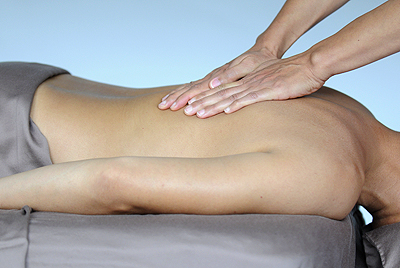Comparing Certifications: CLT, CMLDT, and CHMLDT

In the realm of lymphatic health and wellness, understanding the differences between various credentials can help individuals make informed decisions about their care. Three prominent
designations in this field are Certified Lymphedema Therapist (CLT), Manual Lymphatic Drainage Therapist (CMLDT), and Holistic Manual Lymphatic Drainage Therapist (CHMLDT). While they all focus on lymphatic health, they differ in training, scope, and application. Let’s take a closer look at each of these certifications.
A Certified Lymphedema Therapist (CLT) is a professional who has completed specialized training specifically in the assessment and treatment of lymphedema. This rigorous 135-hour certification program ensures that the therapist has the comprehensive knowledge and skills necessary to implement effective treatment plans, including Complete Decongestive Therapy (CDT) and Manual Lymphatic Drainage (MLD). A Certified Lymphedema Therapist (CLT) has completed an accredited training program and passed a certification exam, ensuring they are qualified to treat lymphedema.
Key Features:
A Manual Lymphatic Drainage Therapist (CMLDT) has undergone specialized training focused primarily on MLD techniques. This certificate signifies attendance in a class focusing on a solid understanding of lymphatic health and the skills necessary to perform MLD effectively on clients with a healthy lymphatic system. There is typically no examination at the end of the course, nor continuing education requirements.
Key Features:
A Holistic Manual Lymphatic Drainage Therapist (CHMLDT) has received specialized training in MLD with an emphasis on holistic approaches to wellness for use in a spa-type setting. This certificate indicates that the therapist is skilled in integrating MLD into a comprehensive treatment plan focused on the client’s overall well-being by attending a 30- to 40-hour class. There is typically no examination at the end of the course, nor continuing education requirements.
Key Features:
Understanding the differences between CLT, CMLDT, and CHMLDT credentials is essential for those seeking lymphatic health care. Each designation has its unique focus and training
requirements, making it crucial to choose a qualified professional based on your specific needs.
Always ensure that the practitioner you choose is qualified and experienced to provide the best care for your needs!
CONTACT INFORMATION
DARCY DOGGETT
Licensed Massage and Bodywork Therapist, BCTMB
Phone: 919.449.5857
Email: info@darcydoggett.com
NC LMBT # 21438
DIRECTIONS
©2025 Darcy Doggett, Licensed Massage & Bodywork Therapist, BCTMB | Design by e-outbox